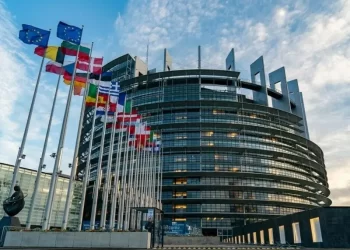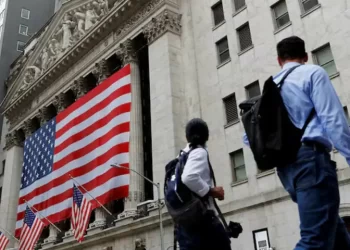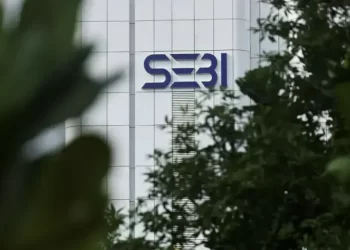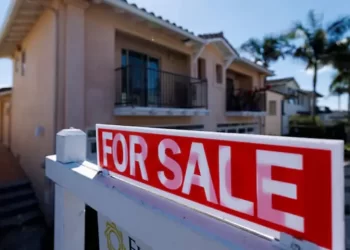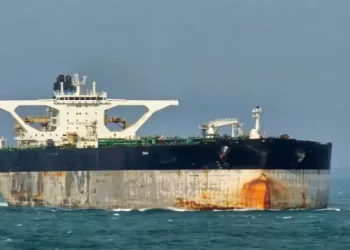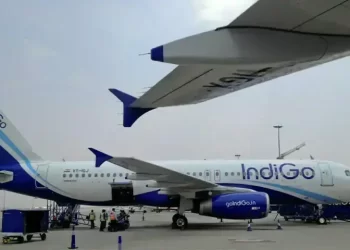WASHINGTON: The U.S. military’s humanitarian pier off the coast of Gaza, which has been hampered by bad weather and aid distribution problems, will shut down soon, President Joe Biden’s administration said on Thursday.
Biden announced in March plans to put the pier in place for aid deliveries as famine loomed in Gaza, an enclave of 2.3 million people.
While the pier has brought in 8,100 metric tons of aid to a marshalling area on Gaza’s shore since it started operating in May, the 1,200-foot-long (370-metre-long) floating pier has had
to be removed multiple times because of bad weather.
Much of the aid has not reached hungry Gazans after the U.N.
World Food Programme paused operations in June because of
security concerns.
Pentagon spokesperson Air Force Major General Patrick Ryder
said the military unsuccessfully tried to re-anchor the pier on
Wednesday. There was no new date for a re-anchoring, but the
effort would soon end.
“The pier has always been intended as a temporary solution to enable the additional flow of aid into Gaza during a period of dire humanitarian need … the pier will soon cease operations,” Ryder said.
Netanyahu demands Israeli control of Gaza territory on Egypt border
U.S. officials have told Reuters that the pier operations could shift to the Israeli port of Ashdod as soon as next week, when aid meant for the pier in Cyprus could dry up.
White House National Security Adviser Jake Sullivan told reporters that the pier had helped bring urgently needed food and humanitarian aid to Gaza, but there were now additional supplies entering the Palestinian enclave via land routes.
“The real issue right now is not about getting aid into Gaza. It’s about getting aid around Gaza effectively,” he said, citing lawlessness, armed gangs and in some cases, the Hamas group trying to disrupt aid distribution.
The United Nations has long said maritime deliveries were no substitute for land access. It said land routes needed to remain the focus of aid operations in the enclave, where a global hunger monitor last month said there is a high risk of famine.
“We welcomed the pier as an additional resource while it worked. We will keep pushing for what we actually need, which is large-scale road transfer of aid into Gaza,” U.N. spokesperson Stephane Dujarric told reporters.



